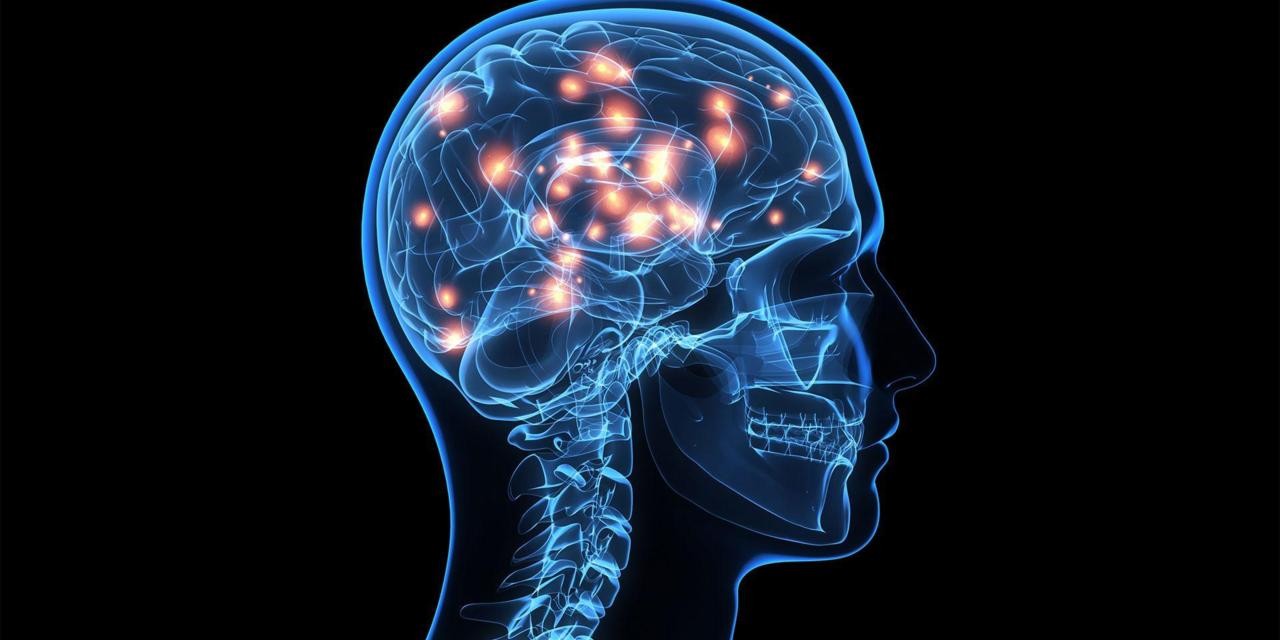
Nervous-system scientists, including Hebrew University Prof. Benny Hochner, Professor of Neurobiology, share how they’re working in a variety of settings.

BENNY HOCHNER: The soft-body specialist
Professor of Neurobiology, Hebrew University of Jerusalem, Israel.
Before 1995, neuroscientist Benny Hochner was mainly interested in the mechanisms underlying learning and memory, something he studied in sea slugs with Eric Kandel, who later won a Nobel Prize in Physiology or Medicine, at Columbia University in New York. Then, Hochner was granted funding from the US Navy, which wanted to find out whether the mechanisms through which octopuses control their bodies could be replicated in soft-bodied military robots. This, it was hoped, could be useful for tasks such as surveillance, and search and rescue in complex terrains. He also received support from the US Defense Advanced Research Projects Agency.
Hochner began by trying to understand how the nervous systems of octopuses cope with the much greater flexibility their soft bodies afford them compared with animals that are constrained by skeletons. “Octopuses have an almost infinitely large degree of freedom of movement,” he says. “Finding a way to efficiently control that is a huge problem, both for a nervous system and for a computer system.”
Hochner, who is now at the Hebrew University of Jerusalem, showed that reaching movements could be triggered in severed octopus arms using electrical stimulation. He found that some often-repeated octopus movements can be independently controlled by neural circuitry in the arm, freeing the brain to focus on other tasks (G. Sumbreet al. Science293, 1845–1848; 2001).
He has also investigated how octopus brains represent and plan for almost limitless freedom of movement. By stimulating electrodes implanted into the brains of octopuses that were then filmed moving freely, Hochner’s group found it was not possible to trigger movement in single arms or body parts. Unlike the brains of skeletal animals such as humans, Hochner found, the octopus brain does not contain specific parts that deal with sensory and motor information from individual body parts (L. Zulloet al.Curr. Biol.19, 1632–1636; 2009).
Hochner has described octopus movement and its evolution as examples of ‘intelligent embodiment’, a phrase used by roboticists to describe autonomous machines that learn behaviour through interacting with their environment.
His group has now returned to studying Hochner’s original interest of memory and learning. Long-term synaptic potentiation, a process whereby synapses are strengthened through greater activity, is thought to have key roles in mammalian learning and memory. Hochner’s group has shown it plays the same part in octopuses, suggesting the mechanism has evolved separately in parallel. He also found that, as in mammals, octopus brains have different systems for dealing with short- and long-term memories.